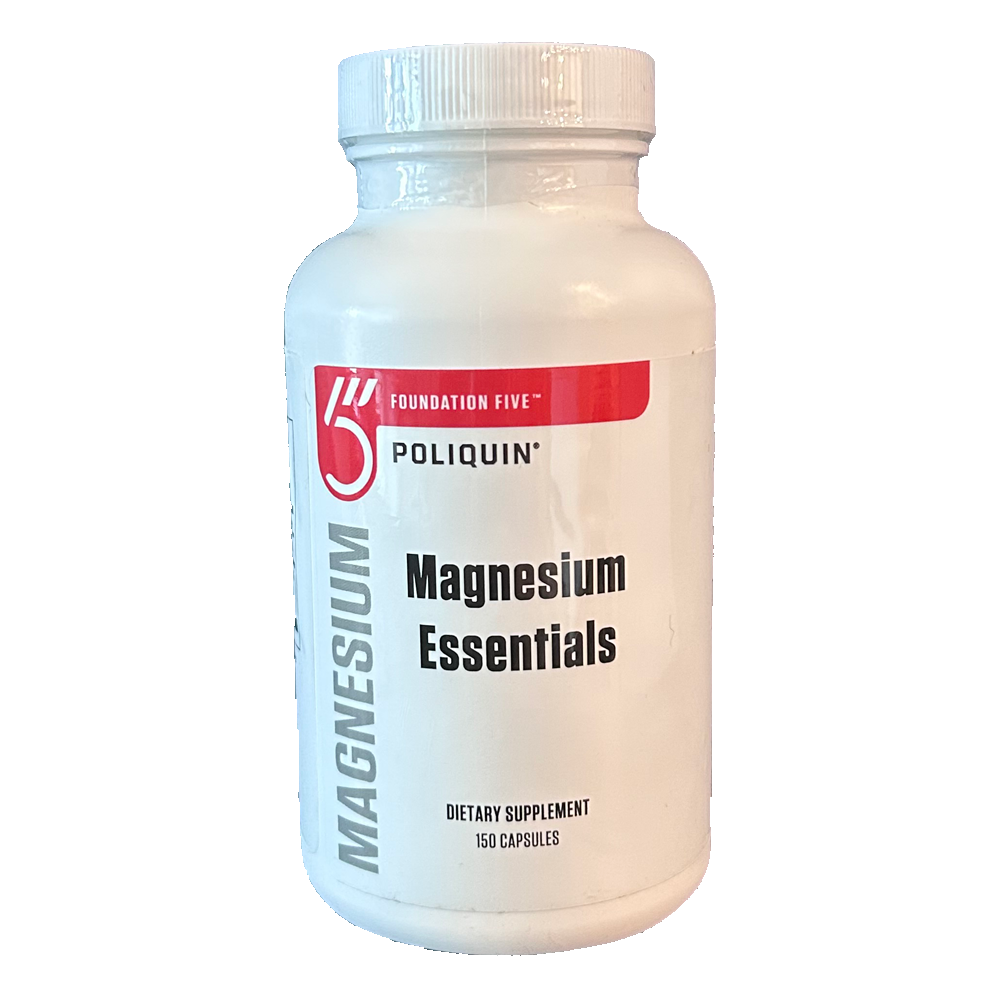Why Are Processed Foods Bad For You? Let Us Count The Ways
If you’re interested in nutrition, or want to lose body fat, you’ve probably heard the advice to eat fewer processed foods and more whole foods. But processed foods are so convenient and tasty. Is it really necessary to avoid these delights?
There’s also the fact that nowadays there are plenty of processed options that are marketed as being high in protein or “healthy” fats. Are these a good option for when you’re on the go or want a snack?
The answer is a resounding “no.”
Emerging research shows the negative effects on health and eating behavior of including processed foods in your diet. Let’s explore:
Processed food leads to weight gain.
Diets dominated by processed foods lead people to eat more calories than those made of whole foods. One recent study found that when participants ate a processed food diet for 14 days they voluntarily consumed 500 extra calories a day compared to when they ate a diet designed around whole foods. Subjects were allowed to eat as much as they liked during the study and the diets were matched for macronutrient proportions of carbs, fat, protein, and even fiber. When on the processed food group, participants gained an average of 2 pounds, which is the amount expected from 500 extra calories a day over two weeks. On the whole food diet they averaged a loss of 2 pounds. Researchers noted that participants ate faster on the processed food diet, which led them to consume more calories before satiety messages could register in the brain.
Processed food changes the architecture of your brain, leading to cravings.
When it comes to processed foods, one of the big problems with the “everything in moderation” approach that is often espoused by nutritionists is that these foods stimulate food intake. Being able to stop eating after a reasonable serving becomes nearly impossible. Because they are highly palatable and tasty, these foods lead to changes in brain neurotransmitter levels, raising dopamine levels. Dopamine is the feel-good, reward chemical that is associated with addictive behavior, including everything from substance abuse to phone obsession. People end up craving processed foods, seeking them out even when they know it goes against their best interest. Such behavior is associated with overeating and weight gain.
Processed foods have a low thermic effect, harming your metabolism.
The thermic effect of food is the amount of calories required to break down food, synthesize enzymes, and perform metabolic processes. It is typically about 10 percent of daily energy expenditure. Protein burns the most calories, followed by carbohydrates and then fats. Processed foods have a significantly lower thermic effect than whole. One study found that the thermic effect of the whole food meal was almost double that of the processed food meal. Participants burned 50 percent more calories after eating whole foods! Equally significant is the fact that the participants who ate the processed food meal had their metabolic rates drop below their average basal metabolic rate (BMR)—the average energy needed to keep the body functioning at rest—during the sixth hour after eating. The whole food meal group never fell below the BMR.
The reason for the dramatic decrease in calorie burn from processed foods is the lack of quality of the ingredients and fiber. The processed foods contain refined grains without bran or germ and only about one-third of the fiber of whole foods. The refined quality of the processed food ingredients means it is more easily digested, ultimately burning fewer calories in the process.
Processed foods spike blood sugar in the same way as regular sugar.
We all know of the importance of avoiding added sugar. But what a lot people don’t realize is that the refined carbs that dominate many processed foods are processed in the exact same way as sugar by the body. These carbs are rapidly digested, raising blood sugar and spiking insulin. High insulin means your body is in storage mode, so if you overshoot calorie needs, you will store fat. And you already know that because these foods stimulate food intake, they are easy to overeat. Bad situation, no?
Processed foods negatively impact mood and motivation.
Processed food skimps on nutrients, which is bad for health, but it also appears to negatively affect mood and motivation. Research is in the early stages, but studies show that processed food diets are linked with behavioral changes indicating depression and fatigue, both of which increase risk of obesity. Researchers theorize that in addition to the extra calories consumed on processed food diets, they promote obesity because they change how you feel, making you less active and more prone to make poor choices.
Processed foods may increase chronic inflammation.
Chronic inflammation is a process by which free radicals accumulate and damage tissue in the body. Antioxidants are nutrients provided in foods that neutralize free radicals and lower your inflammatory load. You’re certainly familiar with some of the most popular antioxidant-containing foods: Blueberries, tart cherries, almonds, chocolate, eggs, beets, and so on. What do all these foods have in common? They’re whole foods! Of course food manufacturers have taken the antioxidant compounds from these foods and added them to processed foods, marketing them as healthy inflammation-fighting alternatives. The catch is that studies generally don’t show the same protective effects, leading scientists to theorize that the benefits of antioxidant-rich foods can’t be isolated and are due to the mixture of nutrients in whole foods.
Processed foods increase risk of heart disease and cancer.
Heart disease and cancer are complicated conditions predicated on a combination of factors including obesity, high blood pressure, increased inflammation, and poor glucose control—all of which are increased on diets high in processed foods. Conversely, whole food diets that are balanced to include high-quality protein and healthy carbs and fats are protective against these conditions, lowering risk of heart disease and cancer.
The Bottom Line: In a world where we are inundated with enticing and clever food marketing, processed foods can easily sneak into your diet. Make the effort to plan, shop, and cook whole foods in their most natural state to set yourself up for a healthy, lean lifestyle.











